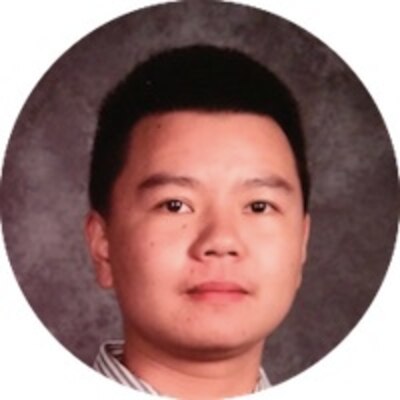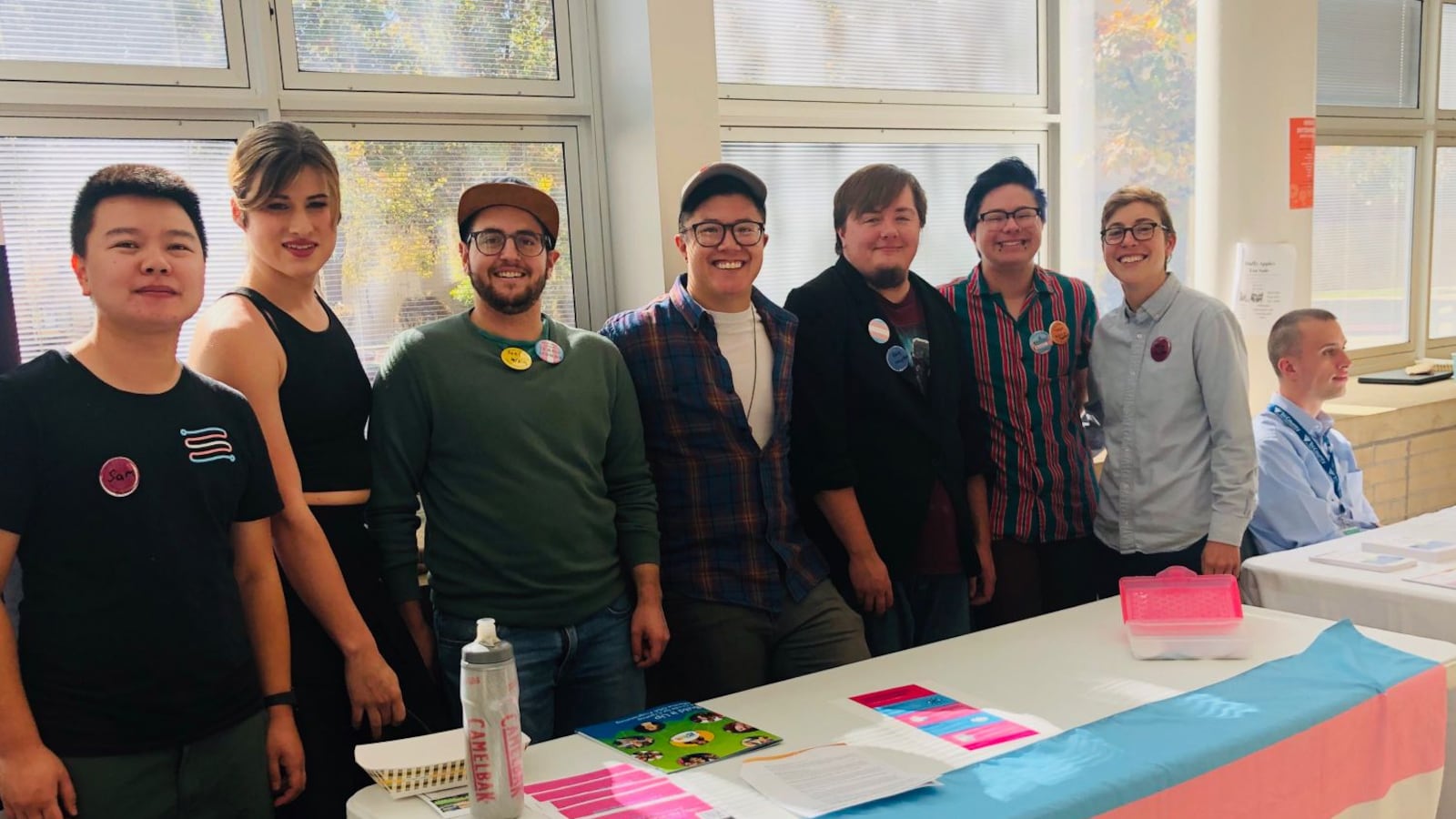
If you’ve heard anything about transgender youth lately, you probably know that they are some of our most at-risk youth. Trans students, who make up 2% of high school students, are disproportionately likely to experience depression, anxiety, suicidal ideation, and substance abuse.
Twelve years ago, that was me — I came out as a transgender boy at age 16 and I struggled to navigate life at home and at school. Without knowing any successful trans adults, I could not imagine what my future might look like. At school, I was repeatedly misgendered and mistreated by both peers and staff. At home, my parents’ disapproval of my transition led to abuse and housing instability. I was able to overcome these challenges because of a small support network of friends and the availability of public programs for trans youth in my city.
Today, I am a high school teacher and I model to my students every day that it’s possible to live a happy, healthy life as a trans adult — something that research shows significantly reduces health risks for trans youth.
Trans educators are uniquely equipped to teach students about diversity and identity. But we also need support from our colleagues and school leaders to ensure our equitable treatment. I am a co-founder of the Colorado Transgender/Nonbinary Educators Network, which partnered with trans filmmaker Z Griffler to create a short video titled “Five Best Practices To Support And Learn From Trans Educators.”
Many of these best practices are low-lift and high-leverage, such as listening to the expert. The trans educator, not the administrator or the legal department, must be regarded as the expert on their own needs when planning to transition or come out at work.
My goal is that allies will use our video as a resource to support trans educators in their school community. And if your school doesn’t employ any openly trans educators right now, then proactive work is even more important. Trans educators will want to step into a school community that is doing intentional work to become more inclusive — and students will benefit.
Sam Long (he/him/his) teaches science at Standley Lake High School in Westminster, Colorado. Sam also trains other teachers in developing gender-inclusive biology curriculum. The Colorado Transgender/Nonbinary Educators Network can be found on Facebook and Twitter.
About our First Person series:
First Person is where Chalkbeat features personal essays by educators, students, parents, and others trying to improve public education. Read our submission guidelines here.


